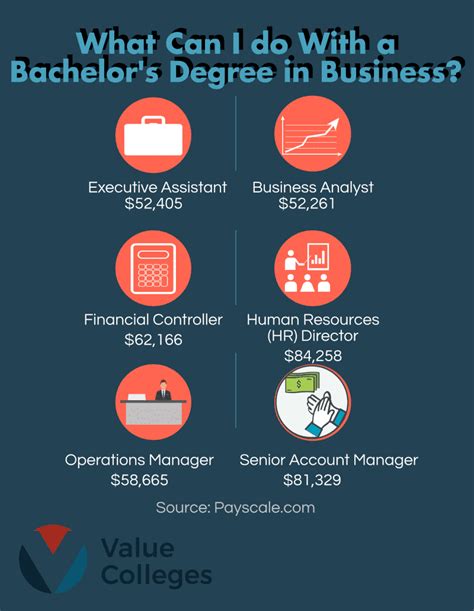Pursuing a business degree can open doors to a wide range of career opportunities in various industries, including finance, marketing, human resources, and more. To prepare for these roles, students must complete a curriculum that provides a strong foundation in business principles and practices. This article will explore the core classes typically required for a business major.

Core Courses in Business
Accounting
- Principles of Accounting I and II
- Intermediate Accounting I and II
- Cost Accounting
Economics
- Microeconomics
- Macroeconomics
- International Economics
Finance
- Corporate Finance
- Investments
- Financial Management
Management
- Principles of Management
- Organizational Behavior
- Human Resource Management
- Operations Management
Marketing
- Principles of Marketing
- Consumer Behavior
- Marketing Research
- Digital Marketing
Quantitative Methods
- Statistics
- Calculus
- Business Analytics
Electives and Specializations
In addition to the core courses, students may also choose to take electives in areas that align with their interests or career goals. Some popular elective options include:
- Business Law
- Entrepreneurship
- International Business
- Business Ethics
Students may also specialize in a particular area of business, such as:
- Finance
- Marketing
- Management
- Accounting
Program Duration and Degree Options
Business major programs typically take four years of full-time study to complete. Students can earn a Bachelor of Science (B.S.) or Bachelor of Business Administration (B.B.A.) degree.
Required Skills for Business Majors
Beyond classroom knowledge, business majors should develop various skills to succeed in their careers, including:
- Analytical and problem-solving skills
- Communication and interpersonal skills
- Leadership and teamwork skills
- Time management and organizational skills
- Technological proficiency
Career Outlook for Business Majors
According to the U.S. Bureau of Labor Statistics, the job outlook for business professionals is expected to grow by 5% from 2021 to 2031, resulting in an estimated 723,900 new jobs.
Tips for Success in Business Major
- Maintain a high GPA by attending classes regularly and studying effectively.
- Build relationships with professors and classmates to expand your network.
- Participate in extracurricular activities related to business, such as clubs or internships.
- Seek guidance from career services for resume writing, job search, and interview preparation.
- Stay updated on current business trends and practices by reading industry publications or attending webinars.
Conclusion
A business major provides students with the knowledge, skills, and foundation to pursue successful careers in various business-related fields. By completing the required core courses, students can gain a comprehensive understanding of business principles and practices. Electives and specializations allow students to tailor their education to their interests and career goals. With strong analytical, communication, and leadership skills, business majors can navigate the competitive job market and contribute effectively to the business world.
